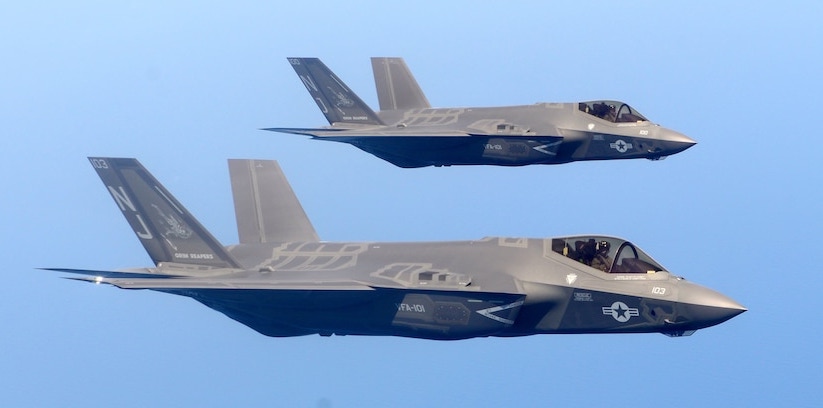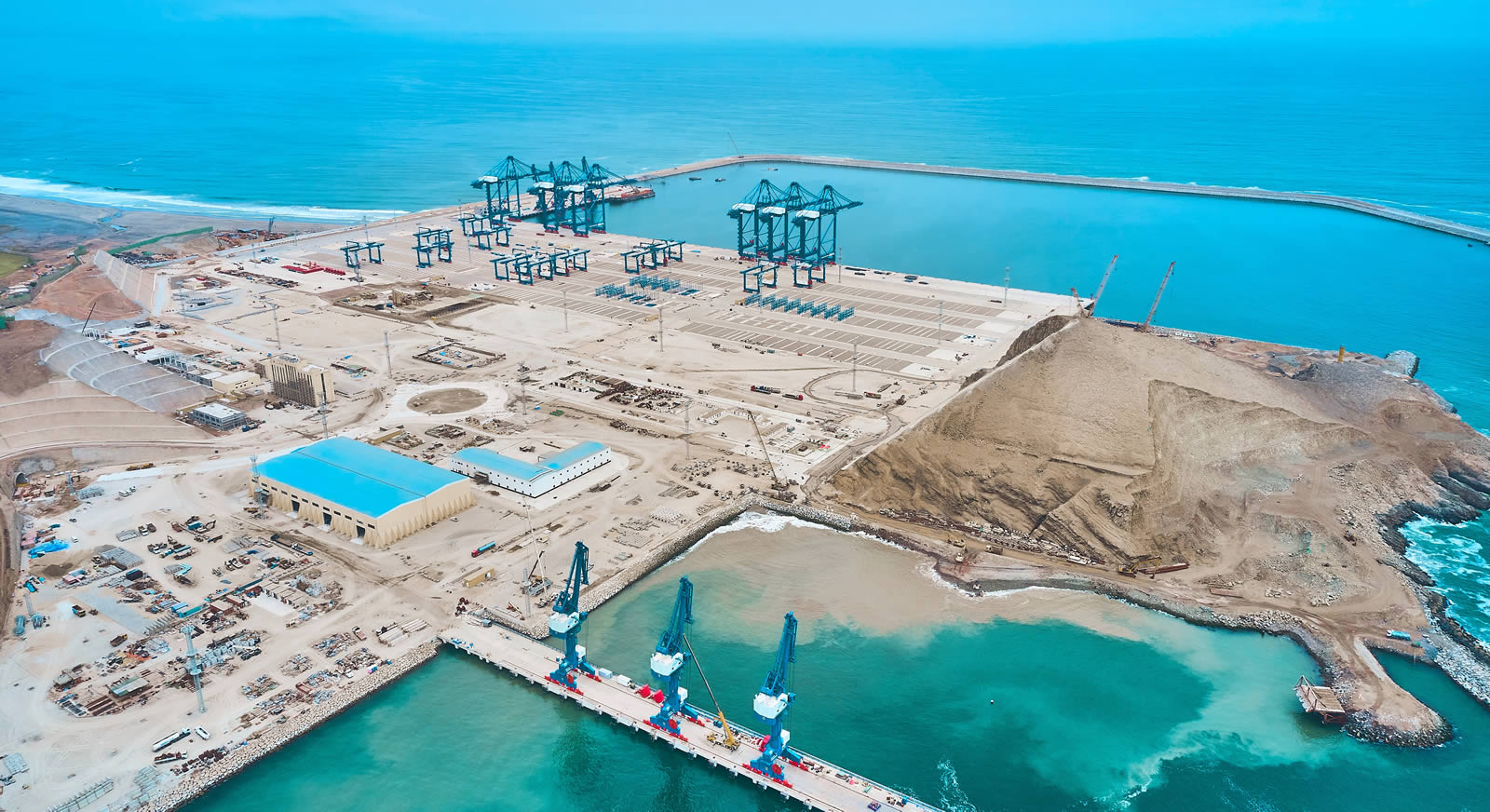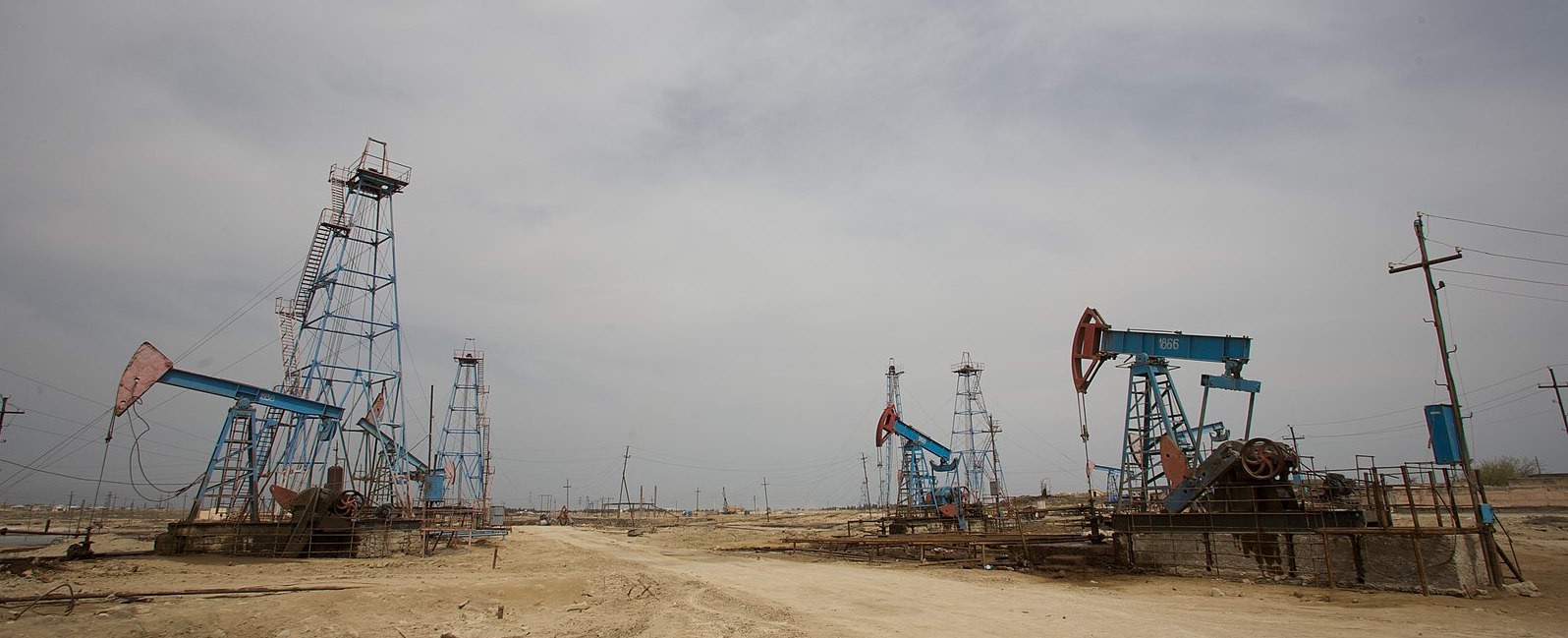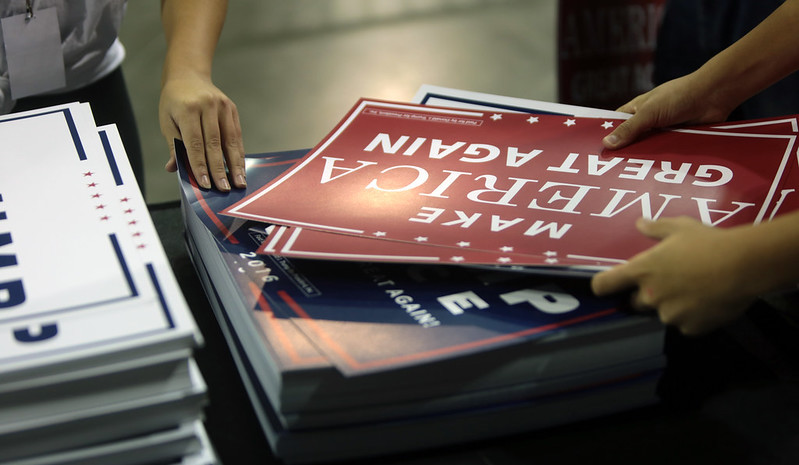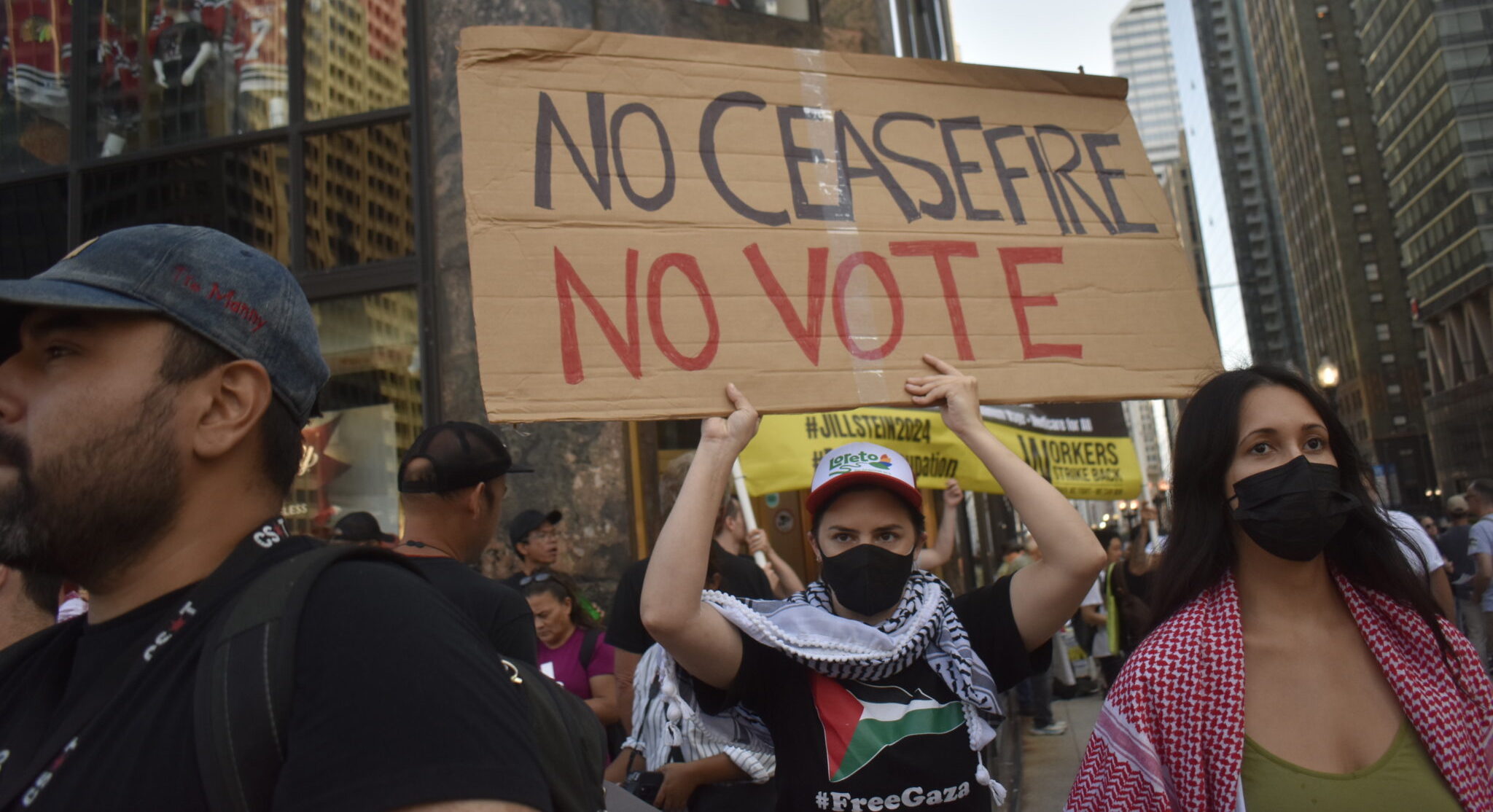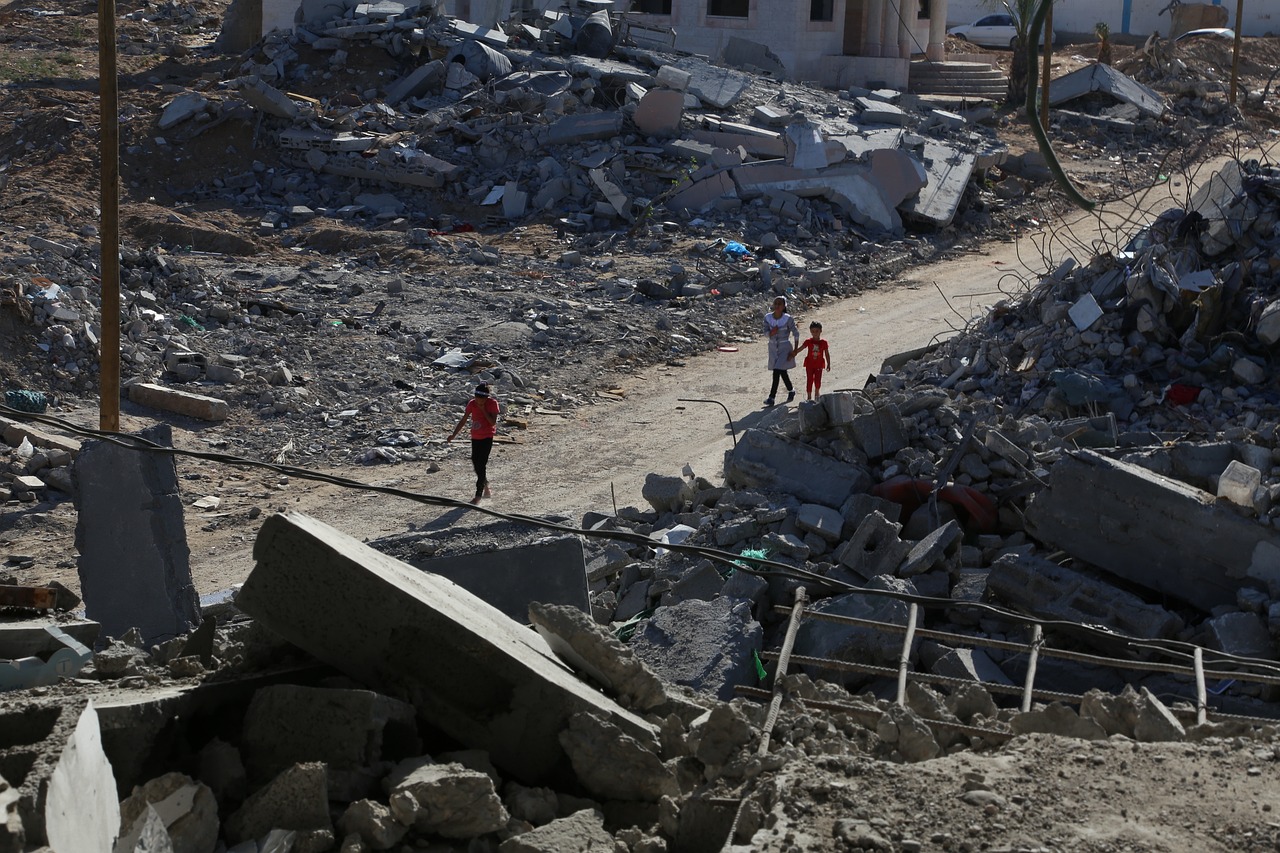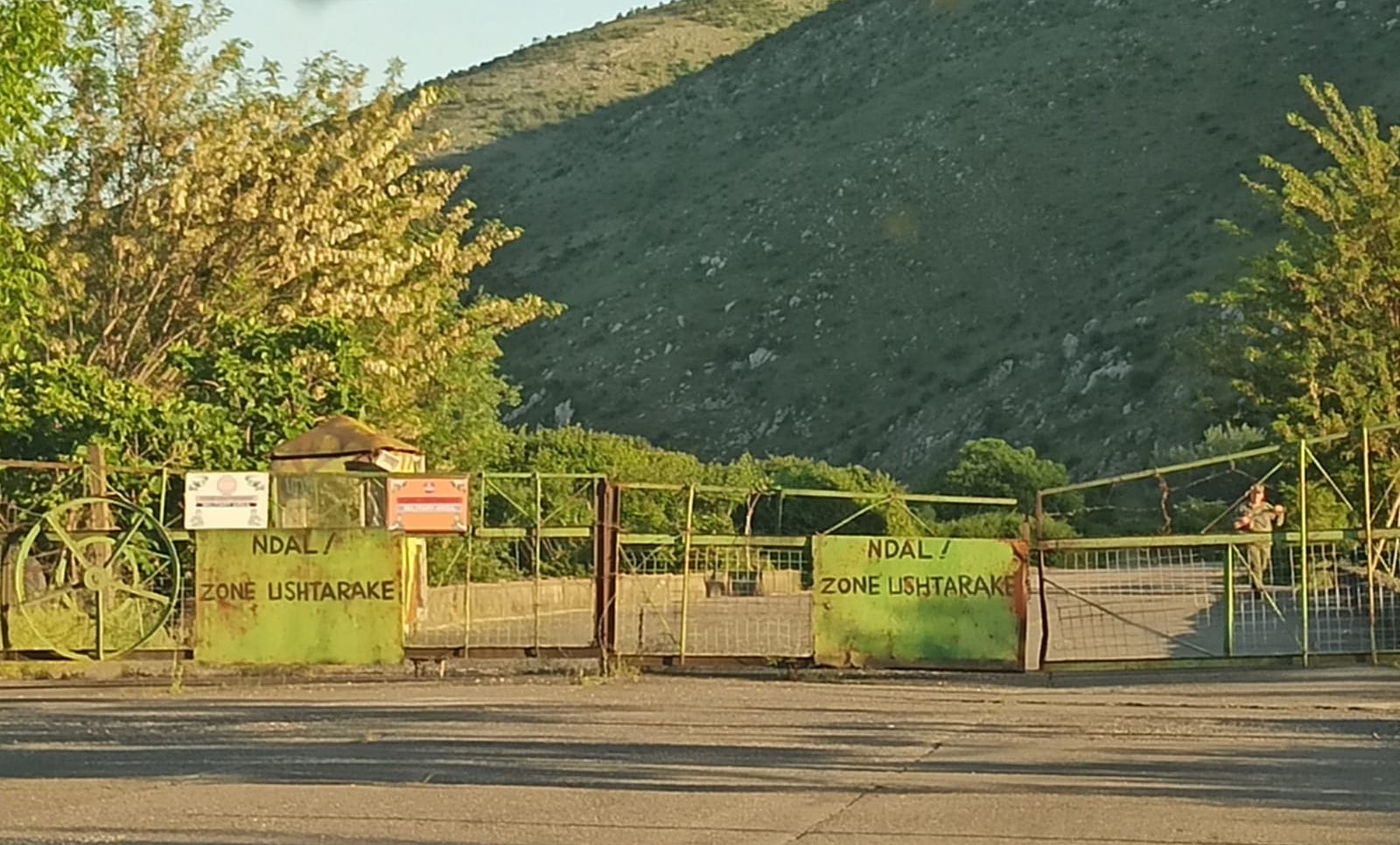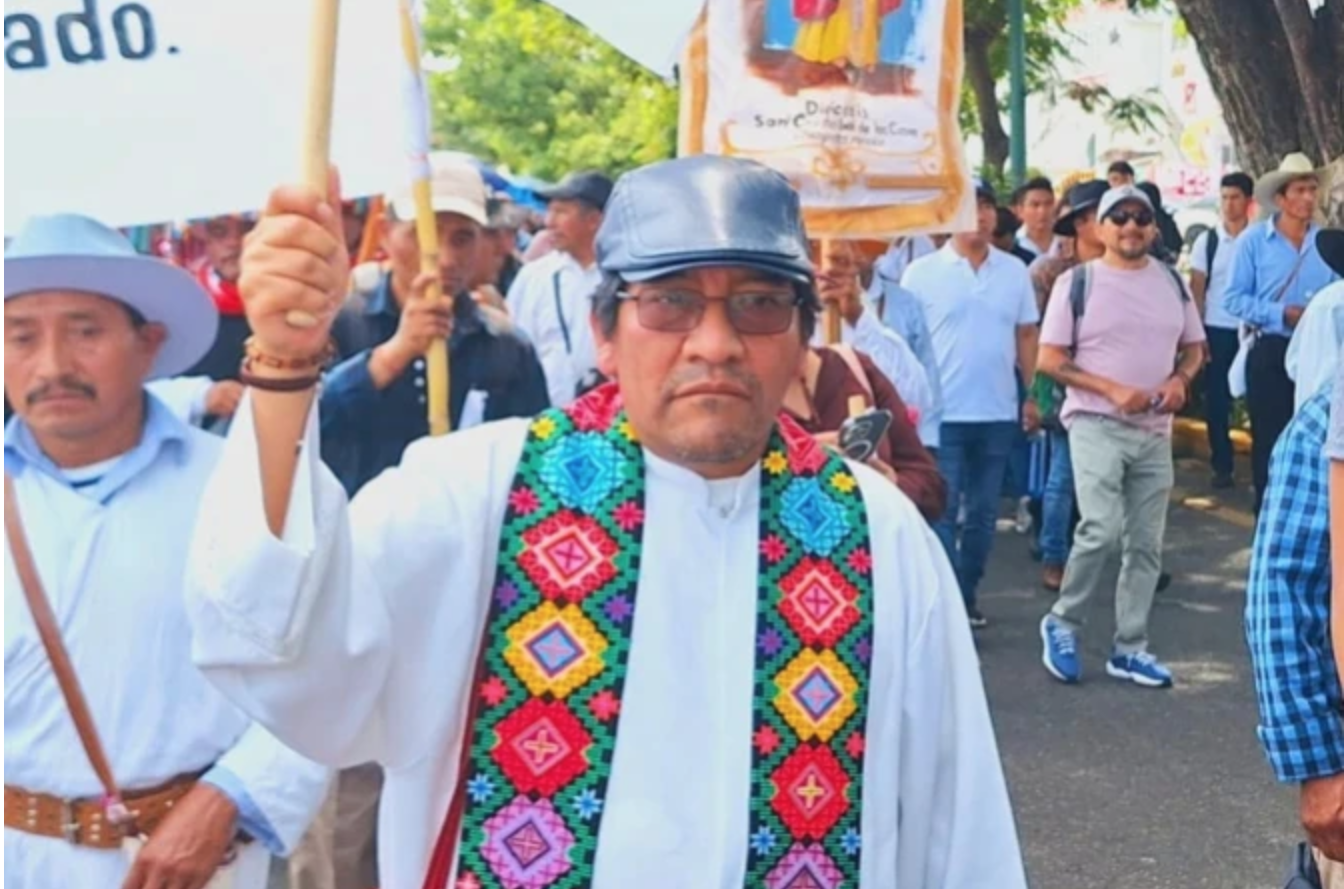
Podcast: nullify the election!
As Trump assembles his cabinet of dangerous cranks and far-right extremists, his election is being openly celebrated by reigning fascists and arch-reactionaries from Russia to Hungaryto Bosnia. The fascist world order that began to consolidate under his first term is poised to be cemented under a global triumvirate of tyranny—Trump, Putin and Xi. Biden’s cooperationin the transfer of power is a betrayal not only of the nation but of humanity—and Trump has still failed to sign the ethics pledge mandated by the protocol of presidential transition, making clear his ill intent. Evidence that the Kremlin directly hacked the vote on behalf of Trump (rather than merely using disinformation propaganda, as in 2016) warrants investigation. Furthermore, the Insurrection Clause of the 14th Amendment, under which Trump was impeached, should be invoked to bar him from office. There is still time to stop the fascist takeover of the United States through the Electoral College or in the certification process. Despite the Supreme Court decision upholding state laws against “faithless electors” who refuse to vote for the candidate they pledged for, this is by no means equivalent to the “fake electors” contrived by Trump’s team to try to throw the 2020 election. On the contrary, it is a constitutional mechanism, as outlined by Hamilton in the Federalist Papers. In Episode 252 of the CounterVortex podcast, Bill Weinberg makes the case for mass pressure to demand nullification of the election. The protests against Trump since Election Day are a good start. But a mass movement on the scale of the post-electoral protests now seen in the Republic of Georgia and Ecuador is urgently mandated. (Image: APhilosophicalEnquiry)



